
Isaac, how did you learn Blender?
I learned by watching random Youtube videos and enjoyed BlenderGuru's tutorials from time to time, creating artwork based on concept art to share with friends. At first, I didn't really care about my skills and just used Blender for fun in my spare time.
After a while, I realized how many professional tutorials CG Cookie has and started watching those. They showed me how great Blender is and the amazing things that we could do with it. I realized there was a promising future for Blender and its artists. The skills and the professional style of the tutorial authors impressed me as well.
I recommend to every artist to find an experienced mentor.
During this time I shared some of the things I learned with my friends and turned to the Blender Manual to figure out what I didn't know.
The biggest problem was that in the beginning, I wasn't able to understand the English tutorials and documents and it was rare to find anything useful in my native language, but the Arabic community was incredibly helpful. Hamza Cheggour from eMirage is a busy professional but every time I have an issue, he finds the free time to send me screenshots or get on a Skype call. I recommend to everyone to find such a peer or mentor.
Early works
Tell us about Pixel Perfect Polygons and "Our Ghosts of War"
Our Ghosts of War is a World War II survival game currently in progress, taking place in Nazi-occupied Normandy. The project is done in the spare time of artists from all over the world, there are some good artists working on it in Unreal Engine 4.
I did an art test to join the team initially but didn't make the cut. However, I was really passionate about this game and wanted to participate, so I asked for another chance. When they approved I looked over my work and discovered that my Textures were the problem. That's when I decided to learn Substance Painter. I studied it and learned PBR texturing basics to come up with a better result and 2 weeks later, they gave me a chance to be a member of the team.
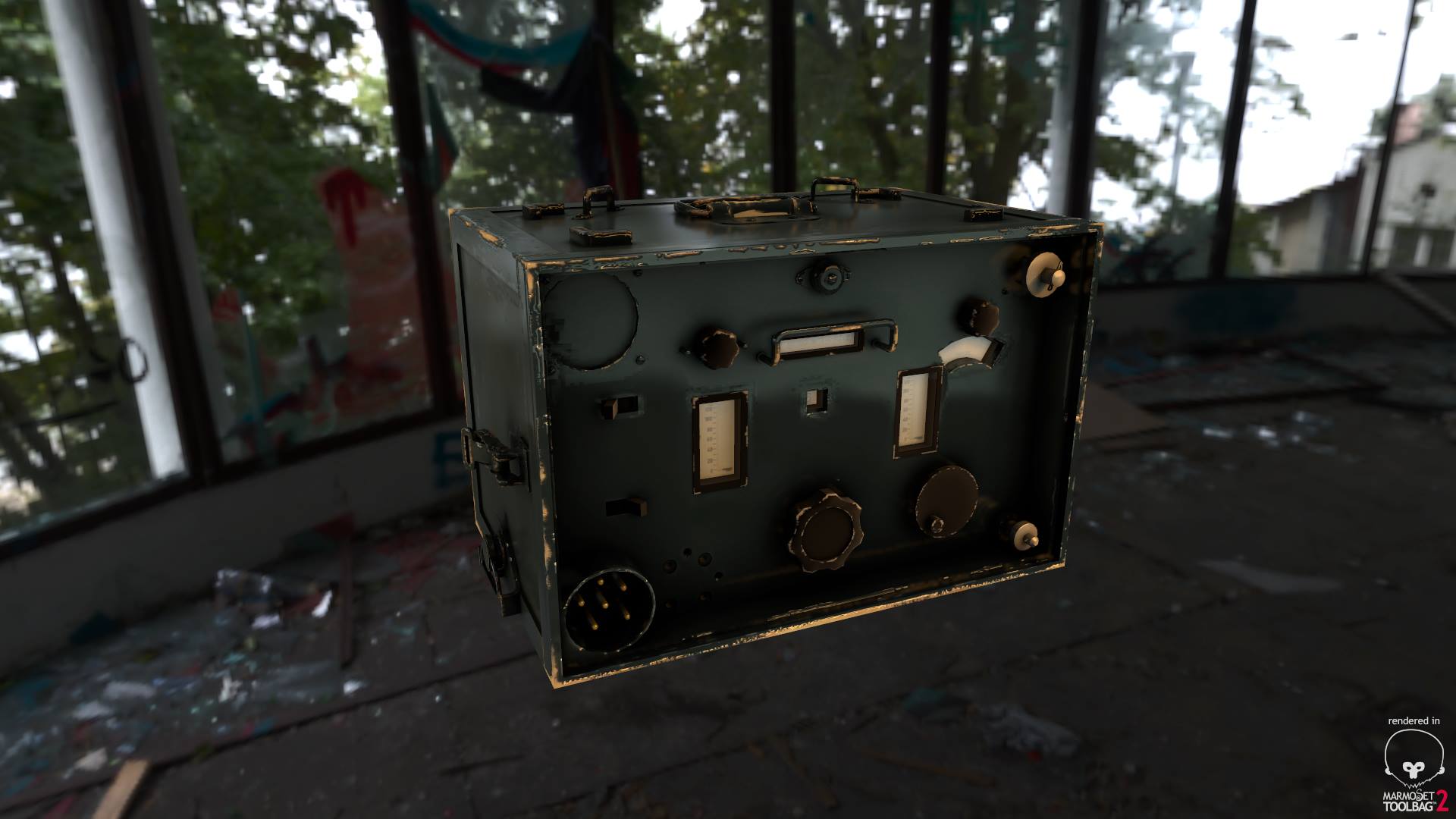
The first result of the art test
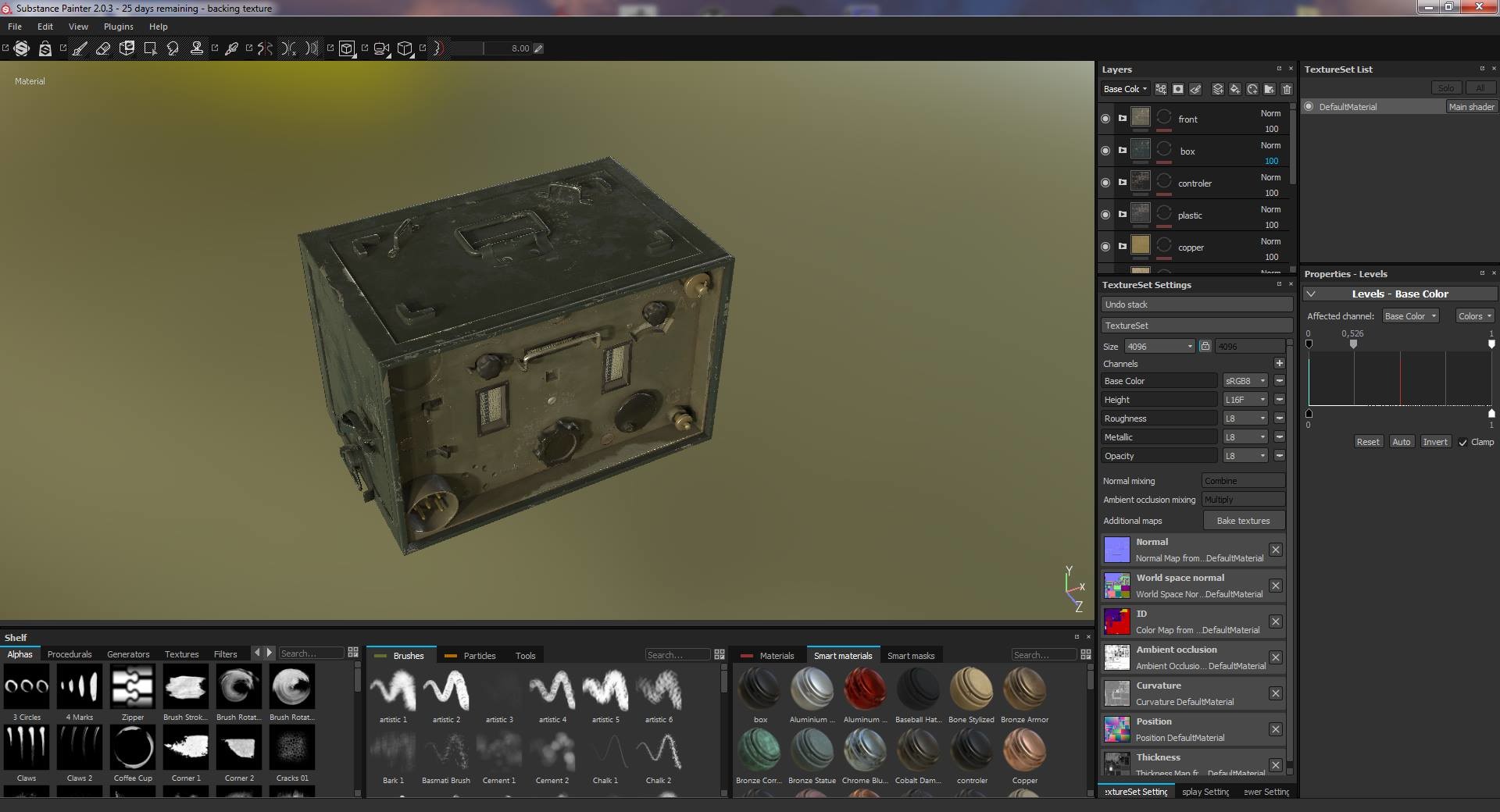
The second result after learning Substance Painter
I was improving and have done some good Radios for their project. My main goal was to gain experience and participate in a good game project. The two main members of the team are Alireza Khajehali and Jack McKelvie. They're very skilled and I was amazed by the quality of the game's Main Character that Bao Vu made. This encouraged me to become a member of the group and work with them on the project. Jack McKelvie was responsible for reviewing my work and helped me improve my process, as well as guiding me to follow the game process so I could do my best work.
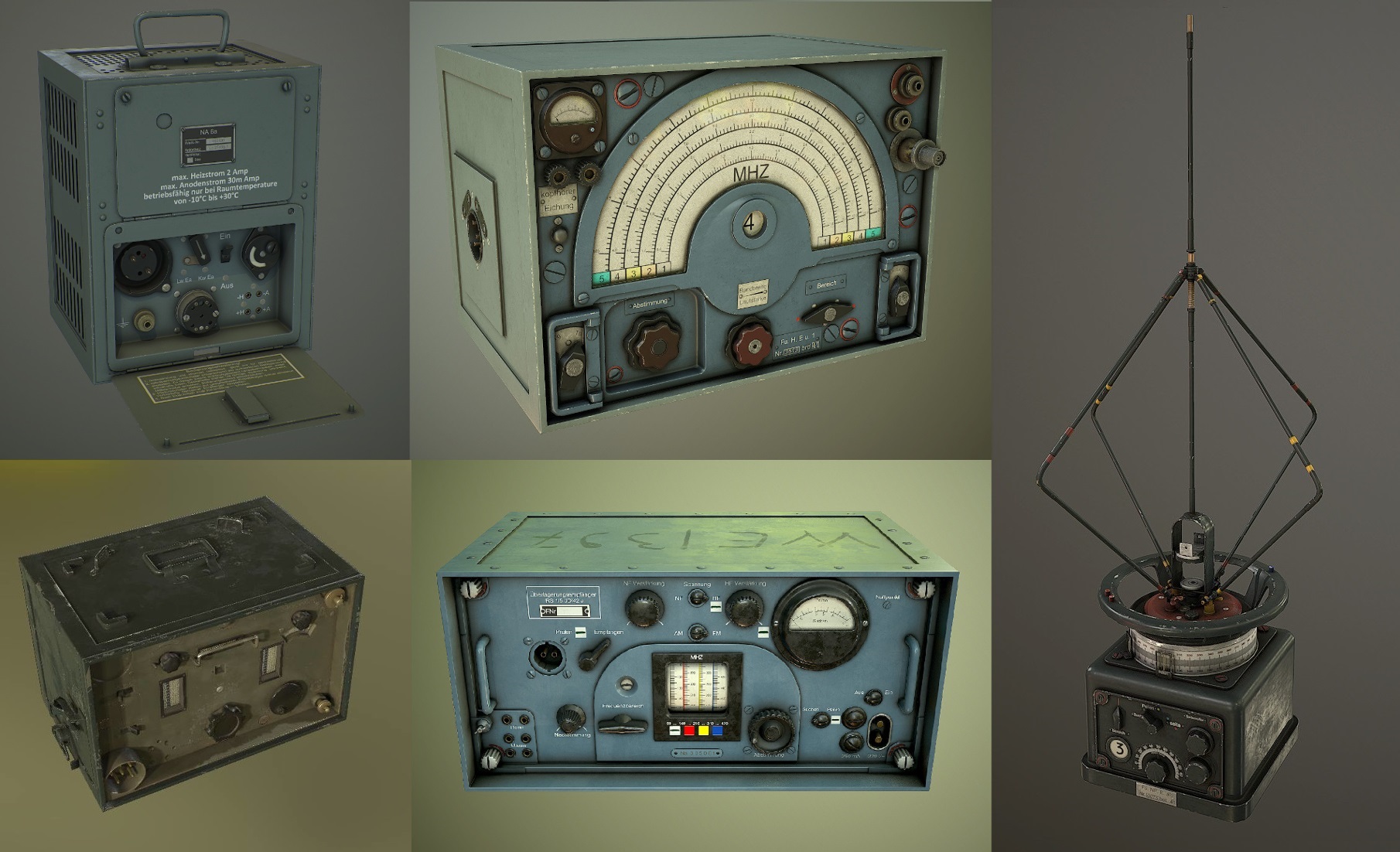
Radios I did for the game
It seems like realism is your general focus as a 3D artist. What is it about realism that motivates your creativity?
Realism really motivates me to do my best work. I love to make complex and detailed renders that are aesthetically pleasing. Another thing that really inspires me is seeing beautiful 3d and concept artworks. Photographs and movies with incredible graphics are both stunning and give me ideas for my own projects. Even taking a trip outside, seeing some beautiful clouds or some random person in the street might give you an idea for a new, challenging model (or environment) to work on.
Avoid extremely long or unprofessional tutorials, you might get discouraged and lose faith in your ability to learn.
Do you have any advice for learning 3D?
My advice is to learn the interface first. Then the basics of the software will be a little easier to get down. After that, start practicing a lot and try to be curious, figuring things out and learning everything you can about your software. Networking is king at this stage.
Feed your passion with inspiration.
Watching tutorials is an excellent way to improve at the beginning, but avoid watching tutorials that are extremely long or those which do not include any useful tips or tricks. If you watch videos that are not well explained, with tricks that you do not understand, or just plain too complicated for you at the moment it might begin to make you feel bored of Blender and disappointed in your ability to learn.
During my learning journey, the best thing that helped me reach a good level of work fast is searching how to make a game asset or an environment rather than just reading everything about the whole work production line.
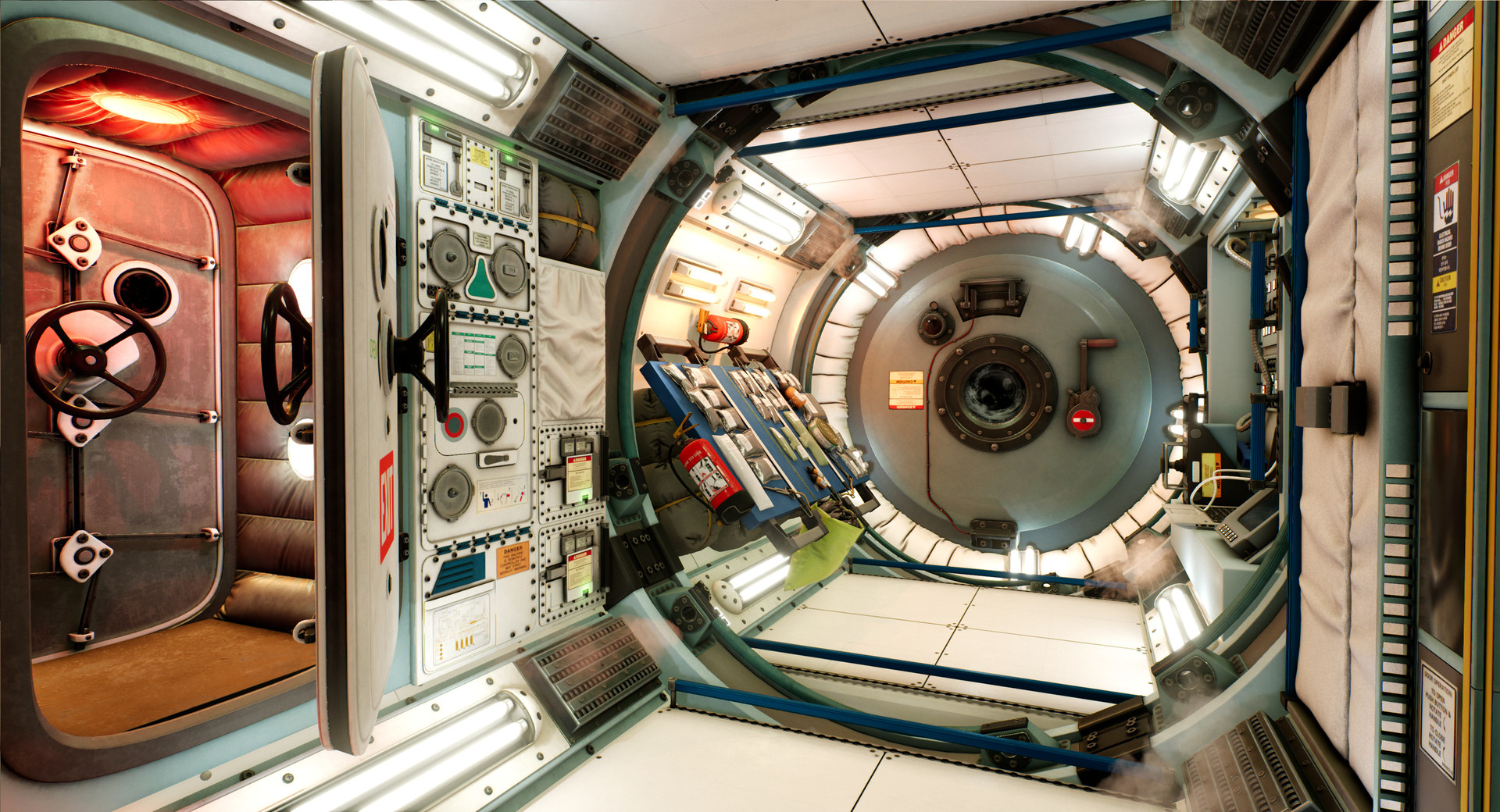
Be sure to look at your past work to feel good about your improvement as an artist.
Feed your passion with inspiration by watching and replicating works of better artists on Artstation and by reading articles. Replicate the artworks of the better artists.
Do you have any advice for getting freelance work?
To start working as a freelance 3d artist you'll want to make a portfolio with work samples that show your skills. If you already have a portfolio you can look for jobs on Blender Artists forums, Blender Network, Polycount forum, Toptal and Upwork. While you're working as a Freelance 3d Artist building up your portfolio and experience in the industry is the most important thing.
When you apply for a position as a 3d artist, make sure to ask a lot about the work you will be doing. After you understand what will be expected decide on a deadline and hourly rate (or the overall payment). Show your interest in them and their project, be aware that they might offer the same job to multiple artists to get the best results. Be sure your agreements are well understood.
Make sure that you are constantly improving: every new 3d model or animation you create should be better than the last one was. Be sure to look back on previous projects occasionally to see how much you've improved and feel good about your progress. The most important thing is to get pleasure from working on good projects that also feed your resume/work history/portfolio. Get experience and enjoy your job.
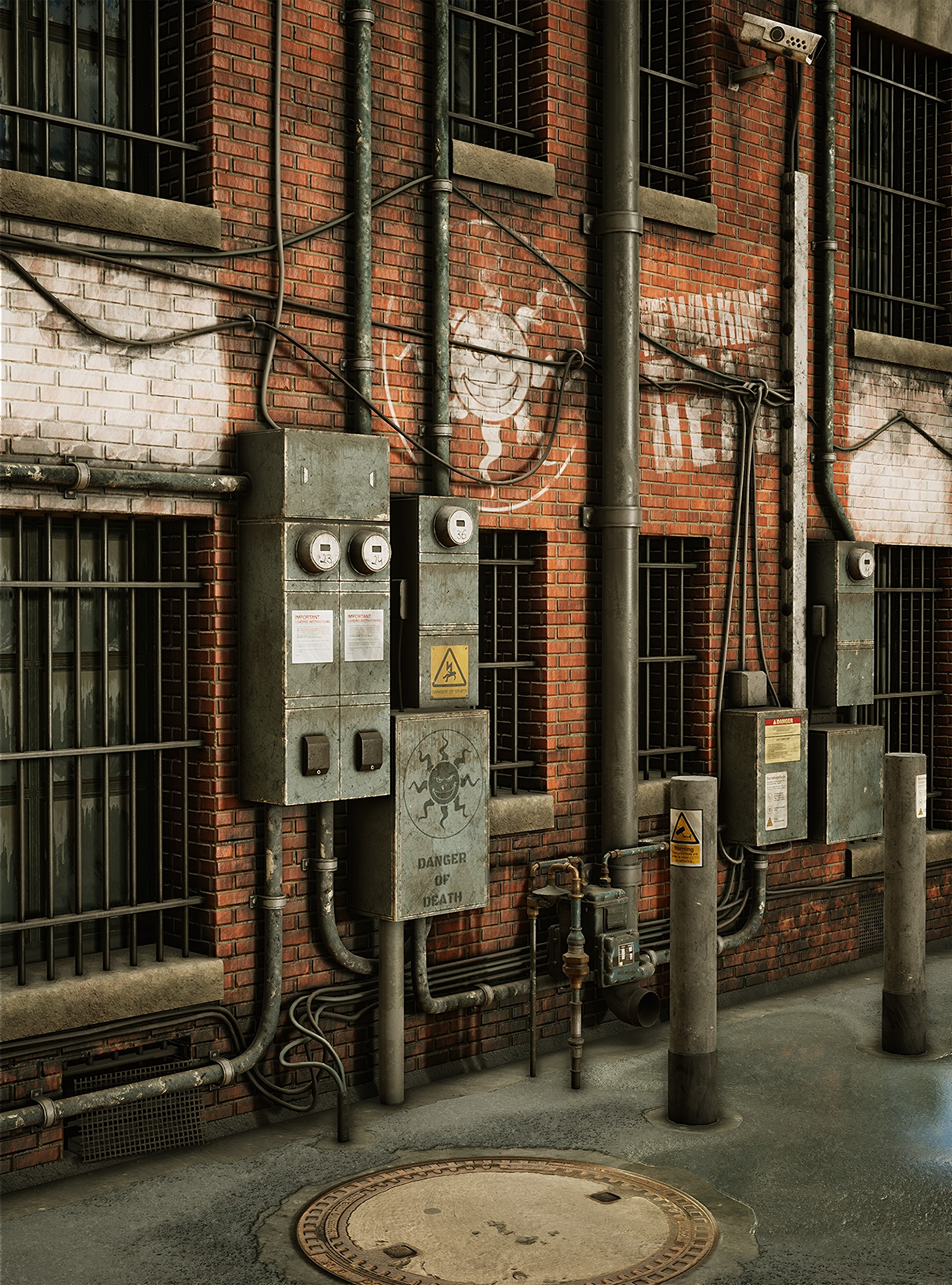
Do you have advice for landing a studio job?
Build a proper portfolio that has quality stuff which relates to your desired work area. For instance an environment artist, character artist, weapon artist etc. You never know if you'll find someone who might be looking for your skillset on the go. Your portfolio should demonstrate that you have significant skill in the area and that you can do clean work with good techniques. If you can demonstrate your work process that is good as well (through a timelapse or similar video which allows them to see your workflow).
In order to be considered for a position you'll need a resume that includes most of the information the client is looking for. Your resume should include your contact information and a summary about you as a person, a link to your portfolio or demo reel, your skills and tools that you are using for your work, and your work history. In your work history you want to include a lot of details. Tell them the company or individual you worked with, the project(s) you worked on, your job title for that project, and a summary of your responsibilities on that project. Also including the emails of some other artists you've worked with before (who gave permission to be used as references) as a reference is a good idea but make a sure to chose the people who can recommend you. The client can contact them for more information about you and they can give you a glowing recommendation.
For the cover letter write about your skills and experience that fits their job position and try to sell yourself, they probably won’t really focus on that part (I've heard that sometimes they don't read it at all).
The studio who is looking to hire you most likely won't hire you just based on your skill as an artist. They'll look at your portfolio, yes, but also your work history.
If you are applying to a company/studio job that is located in a country that you should provide a visa for, make sure that you have a school degree that's related to your job that shows you have studied about the field you are going to work in. The company that will hire you will use it to provide you with the visa and if you don't have one a high school degree (or equivalent) could help. Every country is unique so be sure to read about its culture and the laws associated with your expected work.
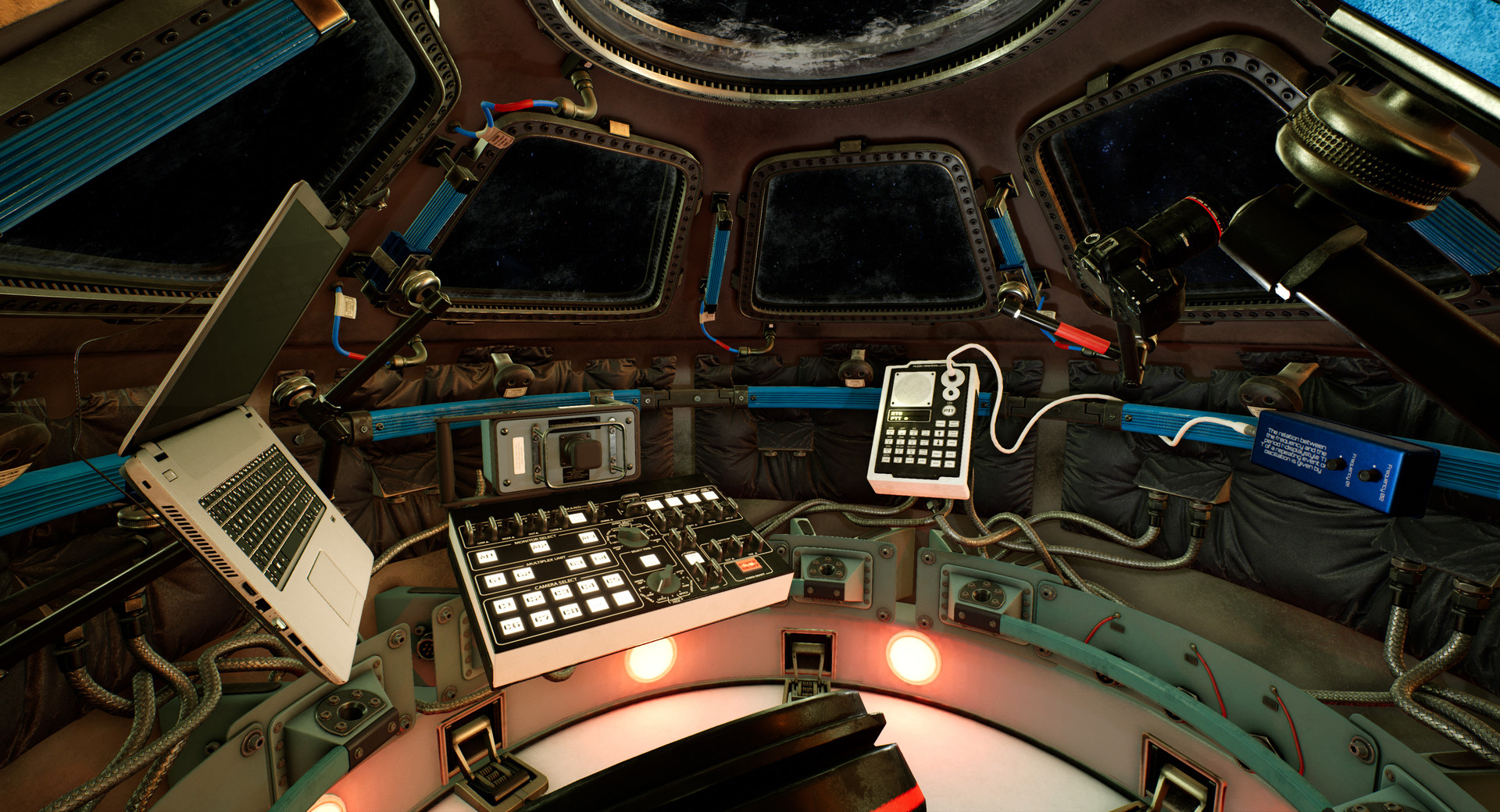
You seem to utilize many 3D programs, Blender being one of them. Do you recommend aspiring game artists to learn as many programs as possible?
Blender is an amazing program with tons of features and tools that make it possible to do just about anything with. It has excellent flexibility to make your ideas and visualizations into something you can physically see, edit, and interact with through your computer. Artwork, videos, VFX, even making a videogame is possible within Blender.
I think Blender is the perfect software for an artist who wants to use it as a basic program for all sorts of different art projects. But Blender isn’t the industry standard. Learning other softwares, such as Substance Painter, ZBrush, Marvelous Designer, UE4, Maya, and more can, will, and has improved the artwork of hundreds of 3d artists all over the world.
Personally I really recommend learning as much as you can about everything and every tool in the industry. Blender is excellent but learning a second 3d program certainly wouldn't hurt. Especially since the current Industry Standard today is Maya. The standard may change and you have to change with it. You should probably have AT LEAST a basic understanding of how to use Maya if you want to work on animation or VFX projects so that you can work with other 3d artists who use it. But Blender is the best. I do, however, enjoy making my textures and such in Substance Painter. Definitely get that and learn it, it's going to be amazingly helpful.
To work in the game industry you should be familiar with baking, High-Poly to Low-poly, working on PBR texturing is very important [I recommend using substance painter for that] and importint your work to the game engine. Later, you will discover more things to be aware of.
As I started to use other 3d softwares I found my knowledge of Blender helped a lot with things like Sculpting, Texturing, and Rendering. I find myself familiar with the specialized tools when I start learning them. The only part that feels weird at first is the User Interface and Navigation within the 3d software. It feels a little weird at first but you figure it out soon enough and then grow comfortable with the slightly different workflow.
Learning Maya basics could help you in the future to export your work smoothly from Blender to Maya and manage the project if you work on a VFX or Animation project but It will not be really useful if you are responsible for creating assets that you can export directly to the game engine or they will just ask you to provide the mesh and texture files.
You might even be asked to use in-house add-ons. Substance Painter really kicks your materials up a notch, but I don't recommend learning many other specialized programs like 3ds max or C4D. Blender is good enough. I am very proud of my decision to use Blender even when my friends using 3ds max and Maya wanted me to use their softwares. Now they are all impressed with my development and the future of Blender as a 3D software.
I haven't landed a full-time job studio yet but I have read a lot about the subject and I chat with some friends who've landed their first job and they shared their experience with me, So I believe this advice could help you.
Check out Isaac's gallery on CG Cookie and follow him on Twitter, Facebook and ArtStation.


This is great advice and Isaac’s gallery is inspiring. Thanks for sharing.